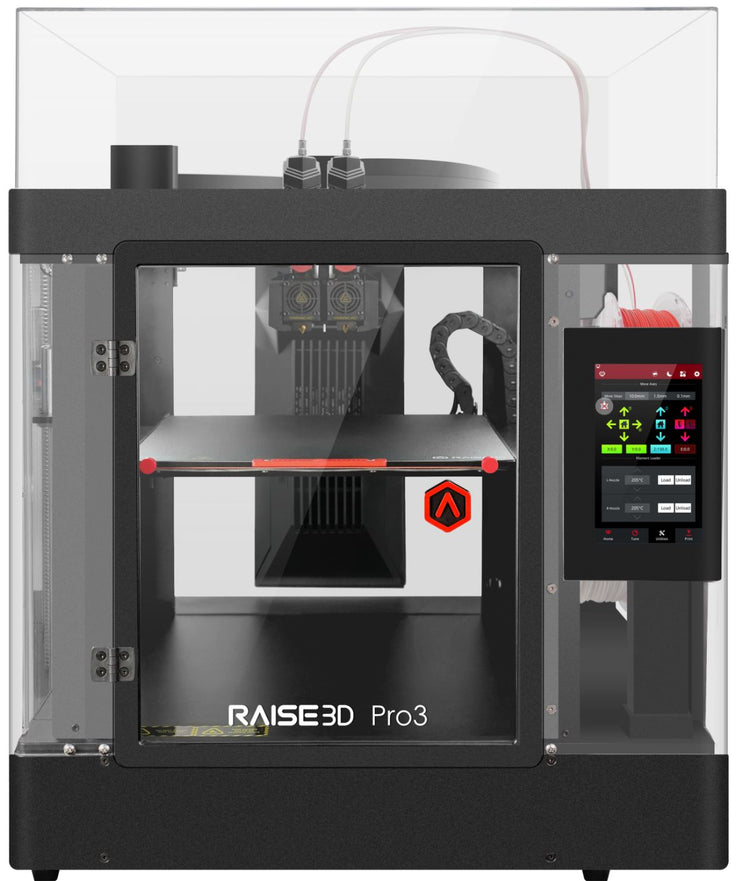Collection: Printer 3D
A 3D printer is a revolutionary device that transforms digital designs into tangible, three-dimensional objects. Here's a general description:
Core Concept:
-
3D printing, also known as additive manufacturing, builds objects layer by layer from a digital 3D model. This contrasts with traditional manufacturing, which often involves cutting away material.
How it Works:
-
The process begins with a digital 3D design, typically created using computer-aided design (CAD) software.
-
This design is then "sliced" into numerous thin cross-sectional layers by specialized software.
-
The 3D printer then deposits material—such as plastic, resin, metal, or even food—layer by layer, following the instructions from the sliced digital model.
-
These layers bond together, gradually forming the final 3D object.
Types of 3D Printing:
-
Fused Deposition Modelling (FDM):
-
This is the most common type, where thermoplastic filament is melted and extruded through a nozzle to build the object.
-
This is the most common type, where thermoplastic filament is melted and extruded through a nozzle to build the object.
-
Stereolithography (SLA):
-
This uses a laser to cure liquid resin into hardened layers.
-
This uses a laser to cure liquid resin into hardened layers.
-
Selective Laser Sintering (SLS):
-
This uses a laser to fuse powdered materials, such as nylon or metal.
-
This uses a laser to fuse powdered materials, such as nylon or metal.
Applications:
- 3D printing has a wide range of applications, including:
-
Prototyping and product development.
-
Manufacturing custom parts and tools.
-
Creating medical implants and prosthetics.
-
Architectural modelling.
- Art and design.
- Educational purposes.
-
Prototyping and product development.
Key Advantages:
-
Enables the creation of complex geometries that are difficult or impossible to produce with traditional methods.
-
Allows for rapid prototyping and on-demand manufacturing.
-
Reduces material waste.
-
Opens up possibilities for customization and personalization.
In essence, a 3D printer is a versatile tool that empowers individuals and industries to bring their ideas to life in a physical form.

-
Creality CR-10S 3D Printer V1 – Large Build Volume, Reliable and Easy to Use
Regular price £150.00 GBPRegular priceUnit price / per -
 Sold out
Sold outRaise3D Pro3 3D Printer New
Regular price £2,500.00 GBPRegular priceUnit price / per -
Creality CR20 Pro 3D Printer – New Open Box – Reliable, Compact, Easy to Use
Regular price £150.00 GBPRegular priceUnit price / per



